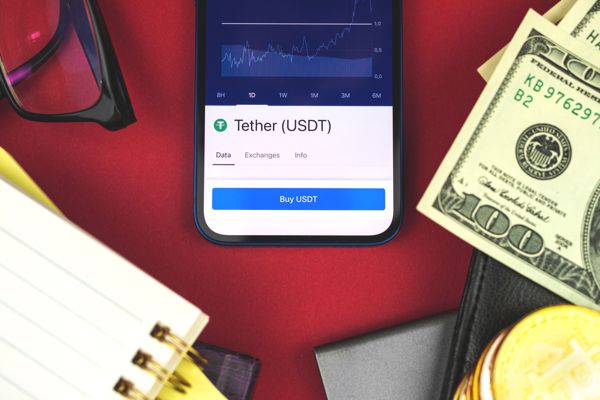
Breaking News
 POWERFUL SECRET HISTORY REVEALED: High-Level Insider, Economist Richard Werner...
POWERFUL SECRET HISTORY REVEALED: High-Level Insider, Economist Richard Werner...
 Bank Branches are the Latest Creative Destruction Casualty
Bank Branches are the Latest Creative Destruction Casualty
 Trump's 'Alligator Alcatraz' and maximum pressure campaign in Gaza
Trump's 'Alligator Alcatraz' and maximum pressure campaign in Gaza
 THEY'LL DO WHATEVER IT TAKES TO ENSURE THIS STAYS HIDDEN
THEY'LL DO WHATEVER IT TAKES TO ENSURE THIS STAYS HIDDEN
Top Tech News
 "No CGI, No AI, Pure Engineering": Watch Raw Footage Of 'Star Wars'-Style Speeder
"No CGI, No AI, Pure Engineering": Watch Raw Footage Of 'Star Wars'-Style Speeder
 NASA's X-59 'quiet' supersonic jet rolls out for its 1st test drive (video)
NASA's X-59 'quiet' supersonic jet rolls out for its 1st test drive (video)
 Hypersonic SABRE engine reignited in Invictus Mach 5 spaceplane
Hypersonic SABRE engine reignited in Invictus Mach 5 spaceplane
 "World's most power dense" electric motor obliterates the field
"World's most power dense" electric motor obliterates the field
 The Wearables Trap: How the Government Plans to Monitor, Score, and Control You
The Wearables Trap: How the Government Plans to Monitor, Score, and Control You
 The Streetwing: a flying car for true adventure seekers
The Streetwing: a flying car for true adventure seekers
Magic mushrooms may hold the secret to longevity: Psilocybin extends lifespan by 57%...
 Unitree G1 vs Boston Dynamics Atlas vs Optimus Gen 2 Robot– Who Wins?
Unitree G1 vs Boston Dynamics Atlas vs Optimus Gen 2 Robot– Who Wins?
 LFP Battery Fire Safety: What You NEED to Know
LFP Battery Fire Safety: What You NEED to Know
 Final Summer Solar Panel Test: Bifacial Optimization. Save Money w/ These Results!
Final Summer Solar Panel Test: Bifacial Optimization. Save Money w/ These Results!
Can Stablecoins Save the US Dollar--or Just Delay Its Collapse?

With $13.7 billion in profit last year and only around 165 employees, that's over $83 million in profit per employee.
It's a staggering figure—blowing NVIDIA and every other company out of the water. It's literally off the charts.
Has any business in history ever generated this much profit per employee? If there is, I've never heard of it.
Tether gives anyone with a smartphone instant, global access to digital US dollars.
With a market cap exceeding $162 billion and climbing, USDt (Tether) is the world's largest stablecoin—and the fourth-largest cryptocurrency overall.
Though calling it a "stablecoin" is something of a misnomer—government paper currencies, with their steadily eroding purchasing power, are anything but stable. In that sense, they're less "stable" and more like "guaranteed-loss coins."
Tether claims to have over 400 million users globally—and is adding 30 million more every quarter. That's explosive growth—reminiscent of Facebook at the height of its expansion.
It's no surprise that USDt is hugely popular in emerging markets and developing countries like Argentina, Venezuela, and Turkey—places where local currencies are rapidly losing value, and people turn to the US dollar as a relatively more stable store of value. USDt gives them access to US dollars they might not otherwise be able to get.
Tether is like having a US dollar-based checking account—without needing a US bank. For billions of people, it's simply a better way to hold and send dollars than the sluggish, outdated banking system—which often isn't even accessible to them in the first place. The average person in Venezuela can't open a US bank account—but they can access USDt.
Today, stablecoins already settle more value than Visa. Whether people realize it or not, this is the future of dollar payments for billions of people.
That's why stablecoins like USDt aren't just here to stay—they're poised to keep exploding in popularity.



